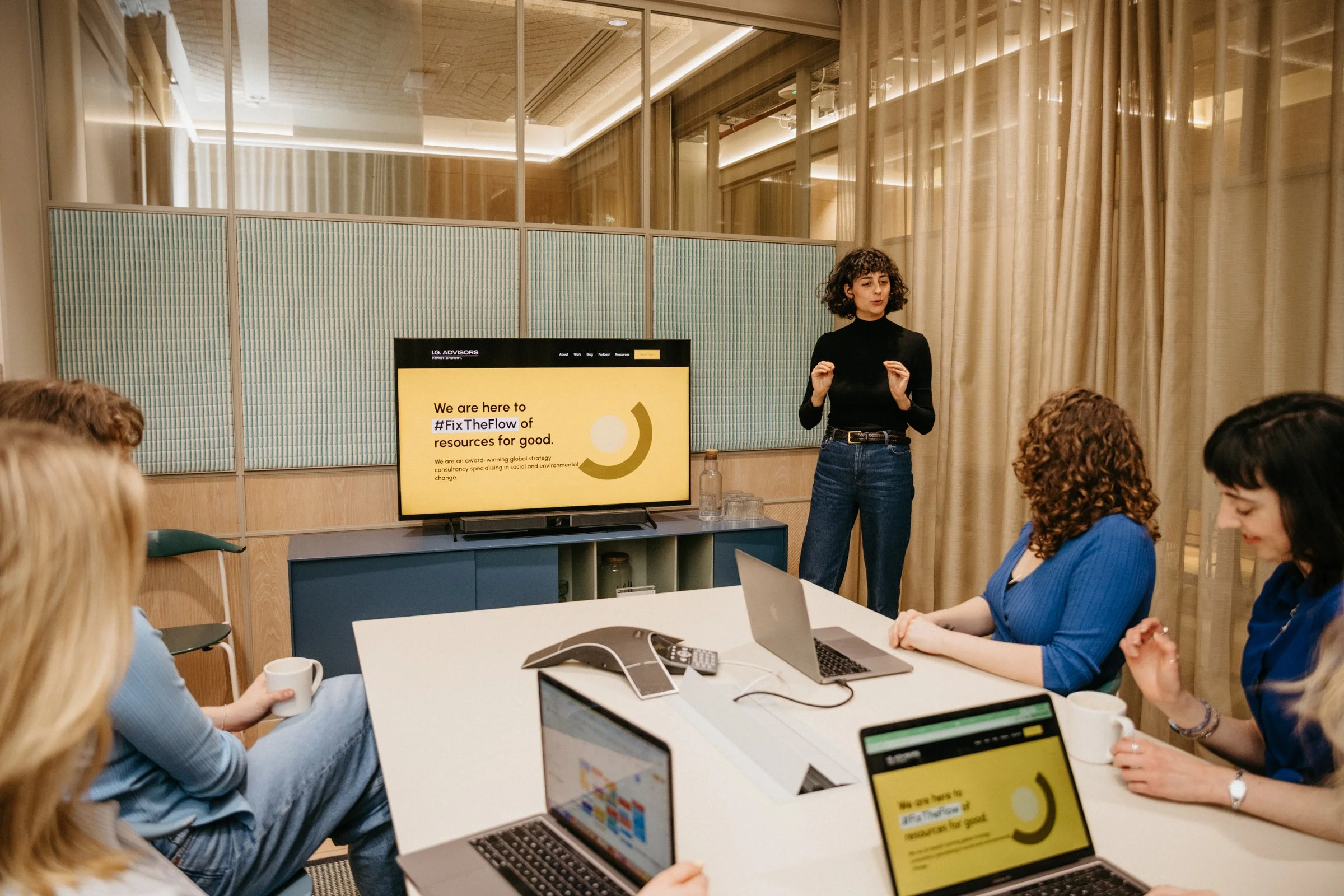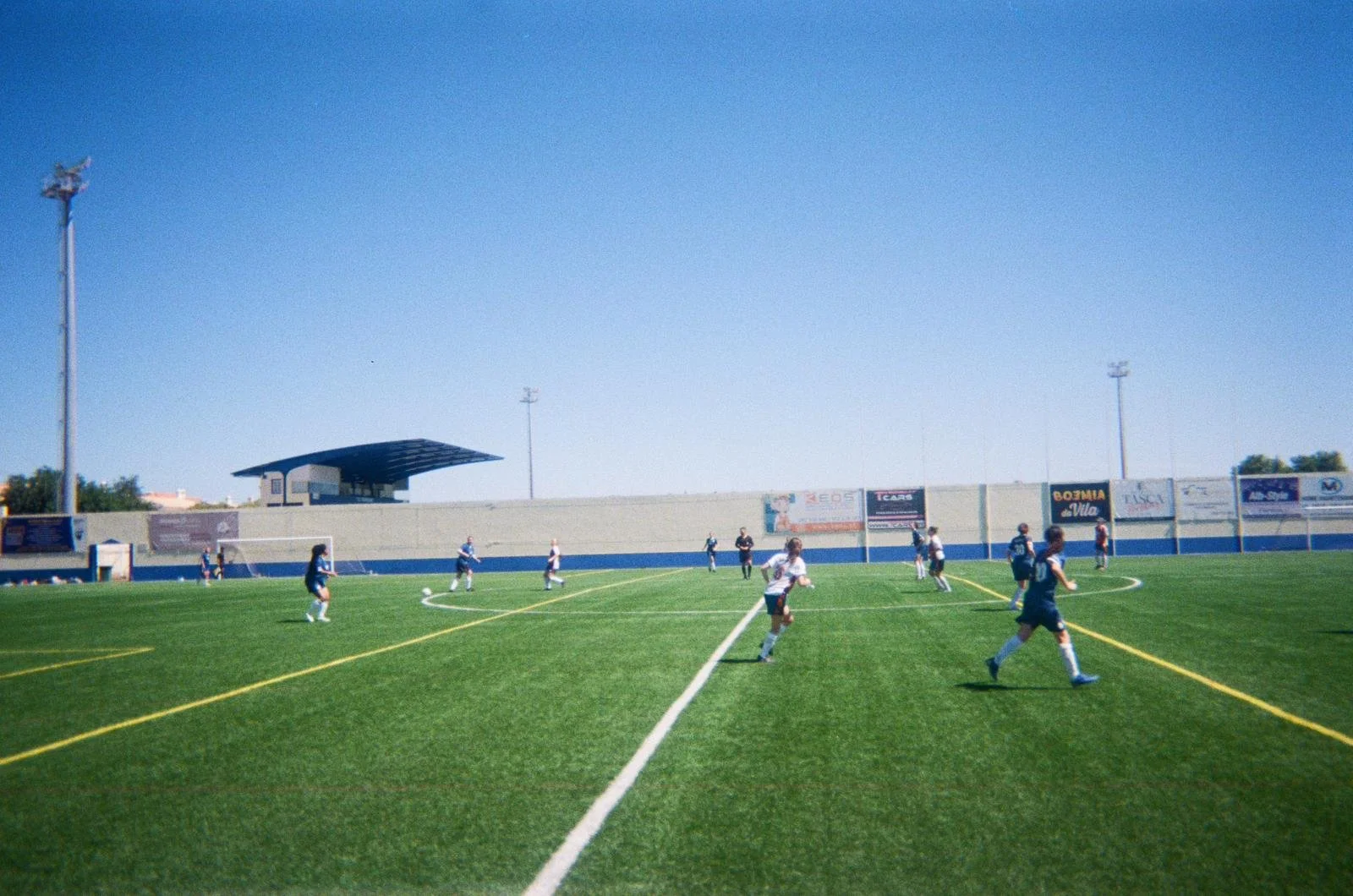Permission to Fail: Reevaluating Our Relationships with ‘Failure’ as Fundraisers
Sophie Jones is a Fellow on the I.G. Advisors #FixTheFlow Fellowship programme, designed to upskill fundraisers and fix the broken funding system for nonprofits.
“…to be human is to be complex, flawed, imperfect and prone to failure” (Caroline Danks, 2023).
It’s difficult to have permission to fail in fundraising. It can be a hard job, and pressure is high. It’s usually not even as black and white as succeeding or failing — our work exists in a complex system, and we’re not in control of most of it. How do we balance our passion and our desire to give our best, whilst not being consumed by failure to live up to our own or others’ expectations?
It’s Not Just About Personal Resilience
I find that often the answer we’re given is to build personal resilience —look after our well-being, be kind to ourselves, recognise the limits of what we’re able to do as individuals. None of that is bad advice, and personal resilience is important. But that doesn’t change how incredibly difficult it can be to show ‘resilience’ when faced with the reality of having failed to meet income targets, and knowing that has real consequences for the staff of the organisation, and the people and communities we serve. We are human beings — not robots — and that means we can find these realities hard, and we don’t always have the answers for how best to deal with these emotions. It’s important that we give ourselves (and others) permission to feel.
Let’s Be Honest About Our Strengths & Struggles
Similarly, I think it also helps to be more aware and honest with ourselves and others about what our strengths are, and what areas of our jobs we don’t feel as confident or comfortable with. In my experience, this can help build trust and openness within teams, enabling honest conversations. It has also helped me to focus more on the things I do well, and taught me not to beat myself up that I don’t do X as well as some of my colleagues. I often joke that I am a chronic overachiever — naming the things I feel less confident with to other people reduces the pressure I feel. I remember that no one can be good at everything all the time, and that no one else actually expects me to be.
It’s All in the Growth Mindset
All of these things tie into a growth mindset — that is, believing that you can improve, rather than being innately able or unable to do certain things. Having a growth mindset involves learning from failures and criticism and persisting when things get difficult. I’m sure this mindset is something we all want to have, and want our teams to have. However, we need a workplace environment that enables this. And that needs to be intentionally created.
Maybe counterintuitively, I think this need for intentionality is especially the case for high-performing people and teams. It’s hard to get comfortable with learning from failure when you rarely ‘fail’. A growth mindset is also not what many of us have learnt throughout our lives to date; the school system, for example, focuses on our results as the most important thing, rather than our ability to improve. It takes time and a safe environment to learn something different.
Fundraisers with a growth mindset are an asset because they can manage stress better, build supportive relationships with colleagues, cope with failure, and overcome challenges. But if the consequences of ‘failure’ seem catastrophic, how can fundraisers ever develop this?
Creating the Right Environment
So, how do we create an environment for our fundraising teams and colleagues where it’s ok to be a human being — to fail, to not be good at everything, to sometimes find the pressure to meet fundraising targets difficult to live with?
Organisations — and particularly our senior leaders and trustees — need to realise that fundraising cannot be done in a vacuum. Fundraising is an organisation-wide process that needs organisation-wide buy-in. Once that’s acknowledged, it needs to be practiced. How do you intentionally communicate to your fundraisers that the responsibility for the organisation’s income does not sit entirely or even predominantly with them? How do you communicate — and keep communicating — that the responsibility is a shared one? An organisation’s response when the going gets tough is important for this: What’s the reaction when it looks like targets won’t be hit, or income will fall short? Is it to step back and reevaluate plans? Or is it to pile pressure onto the fundraising team? To expect more and more?
Fundraisers are people too; to learn, to develop and to avoid burnout, we must be allowed and enabled to be human. It’s okay for there to be aspects of our work that we struggle with more than others, and to not always get it right.
If anyone has any reflections on dealing with ‘failure’ as a fundraiser, I’d love to hear from you! Please feel free to reach out to me on Twitter (@SophieJonesSLJ) or LinkedIn.
For more information about the #FixTheFlow Fellowship programme, please contact fixtheflow@ig-advisors.com. You can apply to join our next cohort of Fellows here.































